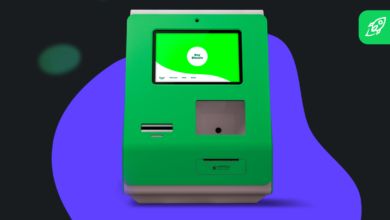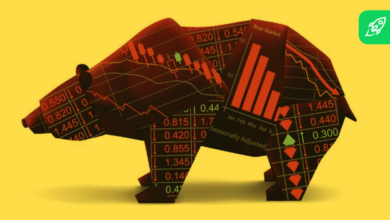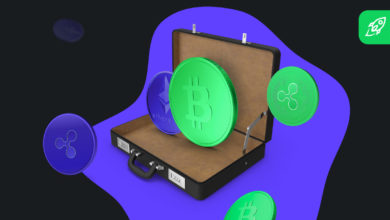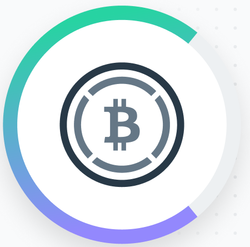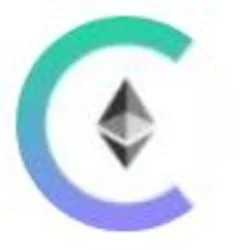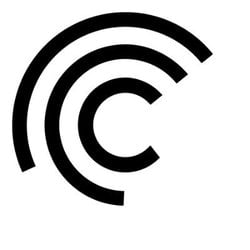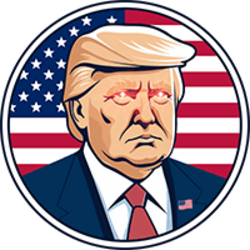Crypto Mass Adoption: Traditional Stocks in Your Crypto Portfolio

Last year, myriads of cryptocurrency companies issued their shares and entered the traditional stock market. These are Coinbase, Canaan Creative, MicroStrategy Incorporated, and more. As we can see, crypto possibilities expand daily. Moreover, there are some ways to invest in traditional stocks like Apple, Amazon, and Coca-Cola, both in the form of options and tokenized assets. Let’s figure out what it all means.
Options vs. Tokenized Assets
Before we explore these tools deeper, it’s crucial to understand the fundamental difference between them.
Tokenized assets mean whole stocks behind a particular company. For example, Tesla’s tokenized assets are the same traditional shares transferred to the blockchain system in a form of tokens. Options can be compared to a bet on the change in the price of an asset.
So, when you buy a tokenized asset of Apple (AAPL), you become a beneficiary of the asset. When you buy an option, you buy the right to purchase a share or an asset in the future.
What Are Options?
An option is an agreement between the buyer and seller that contains the price, and it can be resolved ahead of the pre-scheduled time.
The buyer pays a fixed sum (part of the value) to the seller. The buyer has the right to complete a deal and buy the asset/stock for the agreed price by the time the contract expires. The buyer gets the right, but not the obligation, to buy the asset. It is the key difference between options and futures.
* Futures is a contract to buy or sell a particular asset at a specific price in the future. After the futures contract closes, both parties are required to fulfill their obligations at the agreed price, regardless of the actual market price at the contract’s expiration date. Learn more about futures contracts.
The seller gets the fixed sum and makes a promise to complete the deal with the buyer (if he wants to buy the asset in the future).
There are two types of options: put and call. Put options are made for a sale, and call – for a purchase. Let’s look at the example:
There are two scenarios in each case. Let’s suppose that a random stock costs $100.
| The buyer says to the seller: ‘I pay you $30 now. In two months, if I want, you’ll buy it for $100’. The seller agrees, gets $30, and hopes that the asset’s price will stay the same or rise. | The buyer says to the seller: “I pay you $30 now. If I want to buy it in two months, it will cost me $100.’ The seller agrees, gets $30, and waits two months, hoping the stock price will drop. |
| Put Option (Sell) | Call Option (Buy) |
| 1. The stock drops to $60: The buyer wins. Now he can sell the asset, which is $60 for $100. The seller cannot refuse the deal. So the buyer gets the stock for $60, and the seller – for $100. 2. The stock is up to $120: The buyer loses. He paid $30, and now it costs $120. It’s not profitable, so the buyer denies executing the contract, and the seller profits $30. |
1. The stock price is more than $100, e.g., $200: The buyer wins. He paid $30 two months ago, then he added $70, so his profit is $100. 2. The asset price drops below $100, e.g., $80: The buyer loses. Initially, he paid $30. According to the contract conditions, he needs to pay $70 more. But it’s not beneficial at all. So he just refuses to buy the stock, and the seller gets his profit – deposited $30. |
How does it correlate with a traditional stock market? Well, options are pretty similar to bets. You make a bet on the event outcome. If you guess the price trend, you get an income.
For example, Bitlevex has just integrated a new feature – buying the options of traditional stocks using crypto. So, users can buy Amazon, Tesla, Apple, and other conventional stocks options for any available cryptocurrency. The platform provides a double deposit for the first hundred users who followed the link. If you have any concerns about your competence, please, contact the call center, so the team will educate you on any questions.
Why Are Options Beneficial?
Thus, it’s a speculation tool; options are a kind of risk-management thing. If an investor buys a stock worth $100, and its price drops, the losses can be significant. When buying options, investors don’t need to pay the full price, just a part of it to the seller.
By the way, you can try all the benefits of options and hit the jackpot on Bitlevex. The platform will double the deposit only for our precious readers.
What Are Tokenized Assets (TA)?
Tokenized shares are securities converted into digital security tokens using blockchain technology. A security token is backed by a real asset and tied to its value. By their properties, tokenized assets are similar to stablecoins, cryptocurrencies pegged to fiat money rates.
In fact, they certify ownership for real shares of the company: it’s possible to receive dividends and real income from the difference in quotations. All this is secured by the smart contract* that controls the tokens.
* Smart contract is the program code on Ethereum, Polkadot, Solana, etc. blockchain that defines the relationship between the seller and the buyer. Learn more about smart contracts.
Digital assets are placed through STO (security token offering), which is a cheaper and faster analog of an IPO. Listing costs are less, audit and underwriting for blockchain projects are more effortless. You can trade tokenized assets of Tesla, Apple, Amazon, etc., on platforms such as Binance, Currency.com, FTX, and others.
The most obvious advantage of tokenized assets is that they are divisible. So, the investors can put in the minimum amount of money in a particular token (or actually a stock). What’s more?
- TA makes transactions faster and cheaper. Since it is made as a smart contract, parts of the process are automated.
- TA is more transparent. Traders can see who previously owned the token.
Why Are Tokenized Assets Beneficial?
The main advantage is the ability to purchase an asset not only for your national currency but also for popular coins or tokens.
You can make the same profit from trading tokenized assets as from traditional trading. There are additional benefits as well. For example, a crypto trader can work with both cryptocurrencies and tokenized shares on the same platform. A trader does not have to move between several platforms, convert cryptocurrency to fiat, pay additional fees and generally waste time and money on unnecessary transactions.
